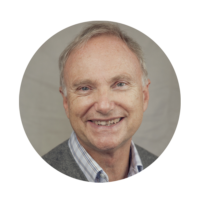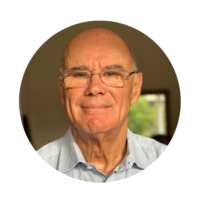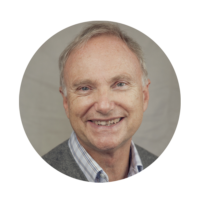ASD (Autism Spectrum Disorders)
-

How’s your day been?
If you’re living, teaching, or working with an autistic teenager, you’ve probably, at some point said ‘Uplifting’. ‘Hilarious’. ‘Rewarding’. You’ve also most likely said something like; ‘Challenging’. ‘A struggle’. ‘Testing’.
Read more -

Autism and Family Dynamics – Prof. Tony Attwood
‘Autism and Family Dynamics – Prof. Tony Attwood’ is a 3-hour presentation to understand how autism can affect different members of a family in different ways.
- Event type
- Webinar
- Location
- LIVE STREAM
-

The profile of abilities in Autistic girls – Prof. Tony Attwood
‘The profile of abilities in Autistic girls – Prof. Tony Attwood’ is a 3-hour presentation is to understand and celebrate autistic girls. Delegates will increase their awareness and knowledge of autism as it is experienced by girls, and Tony will shares tip and strategies he has used in clinical practice.
- Event type
- Webinar
- Location
- LIVE STREAM
-

Neurodiversity, Autism and Healthcare
In this Papers Podcast, Professor Jonathan Green discusses his CAMH journal Debate paper ‘Debate: Neurodiversity, autism and healthcare’. This podcast coincides with World Autism Acceptance Week.
Read more -

The Relationship Between Social Camouflaging in Autism and Safety Behaviours in Social Anxiety
In this Papers Podcast, Dr. Jiedi Lei discusses her JCPP paper ‘Understanding the relationship between social camouflaging in autism and safety behaviours in social anxiety in autistic and non-autistic adolescents’. Jiedi is the first author of the paper.
Read more -

Breaking Down Barriers and Improving Understanding – Autism Acceptance Week 2024
This World Autism Acceptance Week (2 April to 8 April 2024), we encourage you to explore the FREE learning opportunities available on our website, and to share with your networks.
Together we can work towards ‘sharing best evidence, improving practice’ to help create a society that works for autistic children and young people.
Read more -

Prof. Tony Attwood webinars on Autism – Not to be missed!
We are delighted to welcome Professor Tony Attwood to deliver these webinars.
Read more -

The power of special interests – Prof. Tony Attwood
BOOKINGS CLOSED
Prof. Tony Attwood will discuss the stages in the development of special interests, their sequence, and the reasons why specific interests occur as part of the overall profile of Autism. -

Restrictive Eating Disorders & Autism; Awareness, Advice, Actions
Booking for this event is now closed. Complex presentations of eating disorders in young people with Autism or other neurodevelopmental conditions can be challenging for professionals. We hope to provide clinicians with up to date knowledge of current research, helpful tips for clinical practice and an overview of specialist services in the northwest.
- Event type
- Webinar
- Location
- LIVE STREAM
-

Testing the social motivation theory of autism: the role of co-occurring anxiety
Open Access paper from the JCPP – ‘This study tests the mechanisms underlying the association between social motivation and autistic traits.’ Eloise Bagg et al.
Read more
